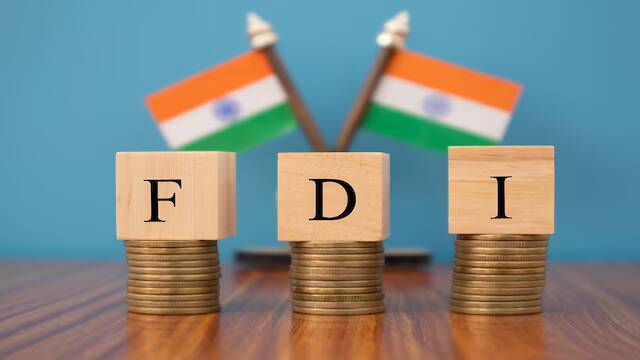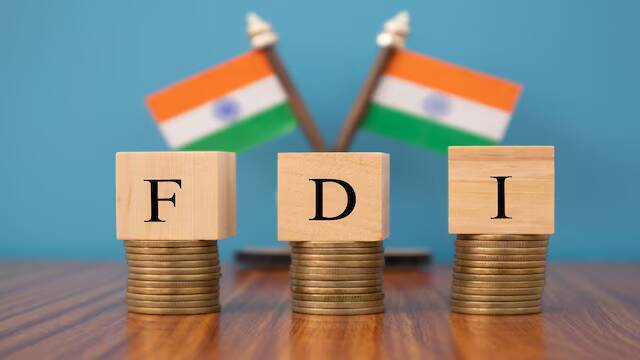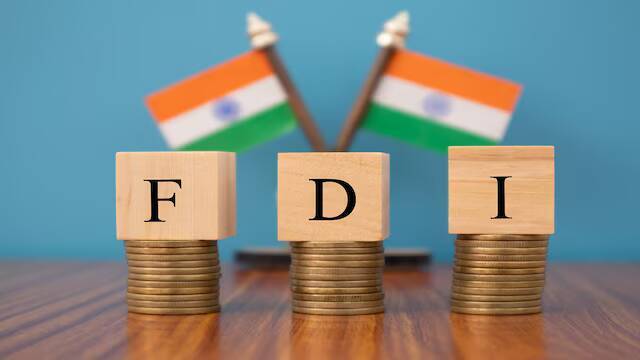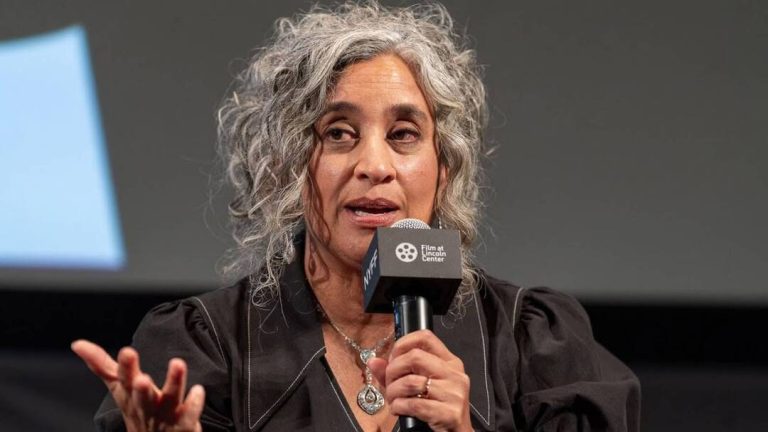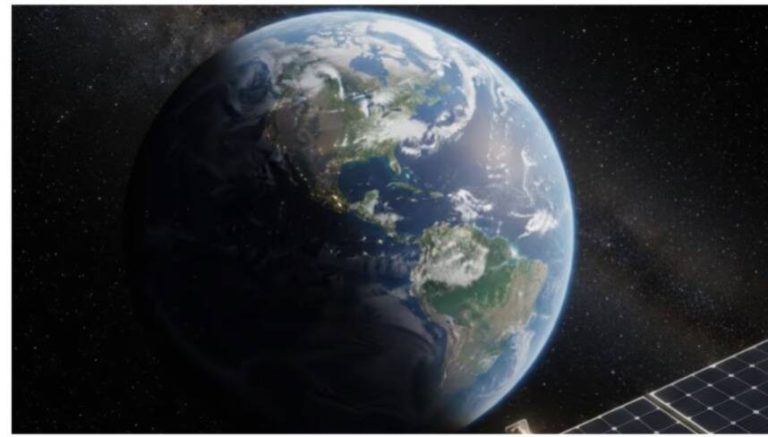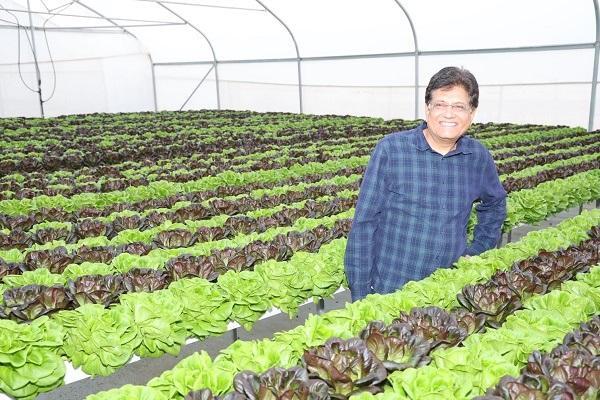
Piyush Goyal Explores Tech & Sustainability in Israel
In a bid to strengthen economic ties between India and Israel, Commerce and Industry Minister Piyush Goyal recently visited the Middle Eastern nation. During his visit, Goyal had the opportunity to experience the world-class mobility technology that Israel has to offer, as well as witness community-driven sustainable agriculture practices. These experiences not only showcased the country’s innovative prowess but also highlighted potential areas of collaboration between the two nations.
One of the key areas of focus for Goyal’s visit was the exploration of Israel’s mobility technology. The country is renowned for its cutting-edge transportation systems, and Goyal was keen to learn from their expertise. He visited various facilities and innovation hubs, where he was introduced to the latest advancements in mobility technology. From smart traffic management systems to electric vehicle infrastructure, Goyal witnessed firsthand the innovative solutions that Israel has developed to tackle urban mobility challenges.
What was particularly impressive was the emphasis on community-driven initiatives. In many Israeli cities, residents are actively engaged in developing and implementing sustainable transportation solutions. This community-led approach not only fosters a sense of ownership but also ensures that the solutions developed are tailored to the specific needs of the local population. Goyal recognized the potential for India to adopt similar models, particularly in its urban areas, where traffic congestion and pollution are major concerns.
In addition to mobility technology, Goyal also had the opportunity to witness Israel’s innovative approaches to sustainable agriculture. The country is a global leader in agricultural technology, and its expertise in areas such as hydroponics, precision farming, and crop management is unparalleled. Goyal visited various agricultural facilities, where he saw firsthand the use of advanced technologies such as drones, satellite imaging, and artificial intelligence to optimize crop yields and reduce water consumption.
What struck Goyal was the emphasis on community-driven sustainable agriculture practices. In many rural areas, farmers are working together to develop and implement sustainable farming practices, such as organic farming and permaculture. These initiatives not only promote environmental sustainability but also provide economic benefits to the local community. Goyal recognized the potential for India to adopt similar models, particularly in its rural areas, where agriculture is a primary source of livelihood.
Goyal’s visit to Israel also marked an important milestone in the economic relationship between the two countries. During his visit, he set in motion the process for free trade agreement (FTA) negotiations between India and Israel. The FTA is expected to boost bilateral trade between the two countries, which currently stands at around $5 billion. The agreement will provide Indian businesses with preferential access to the Israeli market, while also allowing Israeli companies to tap into India’s vast consumer base.
The FTA negotiations are expected to cover a range of areas, including trade in goods and services, investment, and intellectual property. Goyal emphasized the need for a comprehensive agreement that addresses the concerns of both countries. He also stressed the importance of ensuring that the agreement is fair and equitable, and that it promotes mutual benefit and cooperation.
In addition to the FTA negotiations, Goyal also witnessed other innovations that India can implement at scale. He visited various startups and innovation hubs, where he saw firsthand the cutting-edge technologies being developed in areas such as artificial intelligence, cybersecurity, and renewable energy. Goyal recognized the potential for India to leverage these technologies to drive economic growth and promote sustainable development.
In conclusion, Piyush Goyal’s visit to Israel was a significant step forward in strengthening economic ties between the two countries. The experiences he gained in mobility technology and sustainable agriculture practices have the potential to be replicated in India, promoting economic growth and environmental sustainability. The launch of FTA negotiations is also an important milestone, and it is expected to boost bilateral trade and investment between the two countries. As India continues to grow and develop, it is essential that it leverages the expertise and innovations of countries like Israel to drive progress and prosperity.
